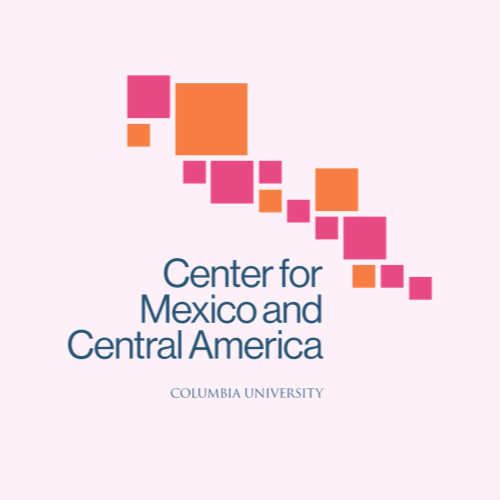About the project
No Están Solas: Bridging the Search for the Disappeared in Mexico, is meant to serve as a bilingual, online portal that offers a set of practical and informative tools to aid the collective response to disappearances in Mexico, and the search efforts of collectives, family members, and solidarity groups. Our project is a response to a pressing need for cross-border coordination between organizations, knowledge-generating institutions, and searchers. The website is designed to function as a productive, practical, and easily accessible space for sharing information, facilitating intercommunication, promoting critical analysis, and contributing to the construction of collective memory. Through the production of short video ‘capsules’ with collectives and family members, and collecting and articulating existing data and research, this project strives to induce dialogue between those unfamiliar with forced disappearance in Mexico, and those that harbor extensive experience in searching, organizing, and investigating this tragic phenomenon.
This project was made possible by a 2021-2022 "Magic Grant" from the Brown Institute, a collaboration between Columbia and Stanford Universities, support from the Center for the Study of Mexico and Central America, and the Columbia University Library.
Background
The idea for the Project stems from the Buscadoras Research Unit (BRU), which was created at Columbia University in the fall of 2020 by Professor Claudio Lomnitz, along with graduate students Greg Odum and Monica Trigos and Professor Monica Castillejos of the University of California-Berkeley School of Law. The BRU is a team of student and faculty volunteers, organized with the goal of supporting missing persons organizations operating in Mexico and Central America today. The BRU dedicated its efforts to developing mutually productive research in collaboration with a Mexican collective of family members of missing and disappeared persons, "Regresando a Casa Morelos", to assist with a variety of research and educational needs to which academic institutions and actors are fit to attend. In the Summer of 2020,the BRU, with support from the Center for Mexican Studies, organized a comprehensive 3-day conference with solidarity organizations, family collectives, researchers, and journalists to share their diverse projects on this issue and to strengthen collaborative networks and increase public interest. The idea for No Están Solas emerged from this conference, leading Monica Trigos and Greg Odum to seek funding to create a website that would be a consistent source of the same sort of fruitful and effective interaction that we experienced during the 2020 conference.
Creators “No Están Solas” (2021-2022)
The team is composed of people from Mexico, the United States, and other countries. We are students, professors, collectives, researchers, journalists, activists, and investigators, but above all, people concerned about the issue of disappearance in Mexico and who recognize the role that families play in the search.
- Project Management:
- Alex Gil, Greg Odum y Mónica Trigos Padilla
- Web Design:
- Alex Gil y Sandra Bermudez
- Consultants:
- Angélica Rodríguez, Claudio Lomnitz, Marina Álamo Bryan, Mónica Castillejos y Montserrat Castillo
- Journalism, Interviews and Images:
- Heriberto Paredes Coronel, Marina Álamo Bryan y Rodrigo Caballero
- Research:
- Ariadne Rivera, Alejandro Díaz, Berenice Camacho, Elizabeth Ojeda, Juliana Nino, Sofía Lesur y Víctor Márquez
- Video Editing:
- Oscar A. Sánchez
- Buscadoras Research Unit:
- Ariana Bon-Hodoyán, Asa Arthur-Andrew, Camila Santibáñez Pérez, Caroline Mendoza, Cecilia Paredes Garza Laguera, Giorgia Mirto, Jordan Kinard, Jonathan Murachanian y María Little
Alliances and Collaborations
- Maps and Visualizations:
- Centro ITAM para Datos, Algoritmo y Sociedad - Jesús Ramos y Ulises Quevedo
- Oral Histories Workshop:
- Fanny García
- Security Protocols:
- Artículo 19
We thank the interviewees for giving us the space, time, and above all, for sharing their knowledge and experiences in a heartbreaking context.


